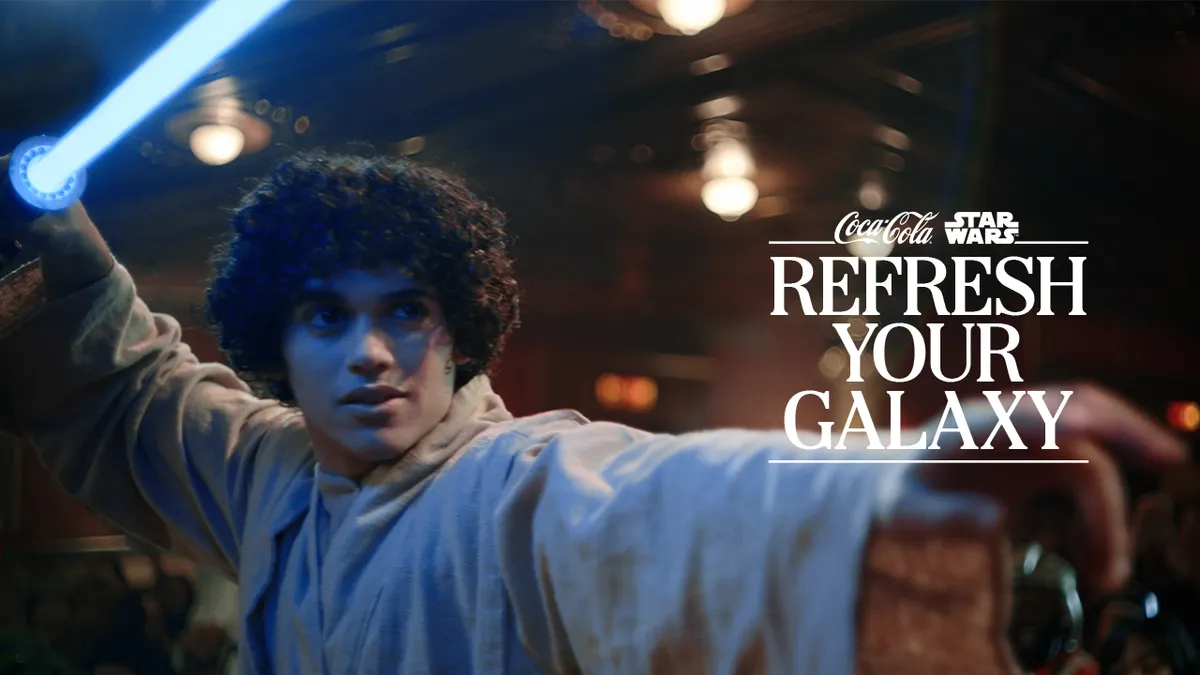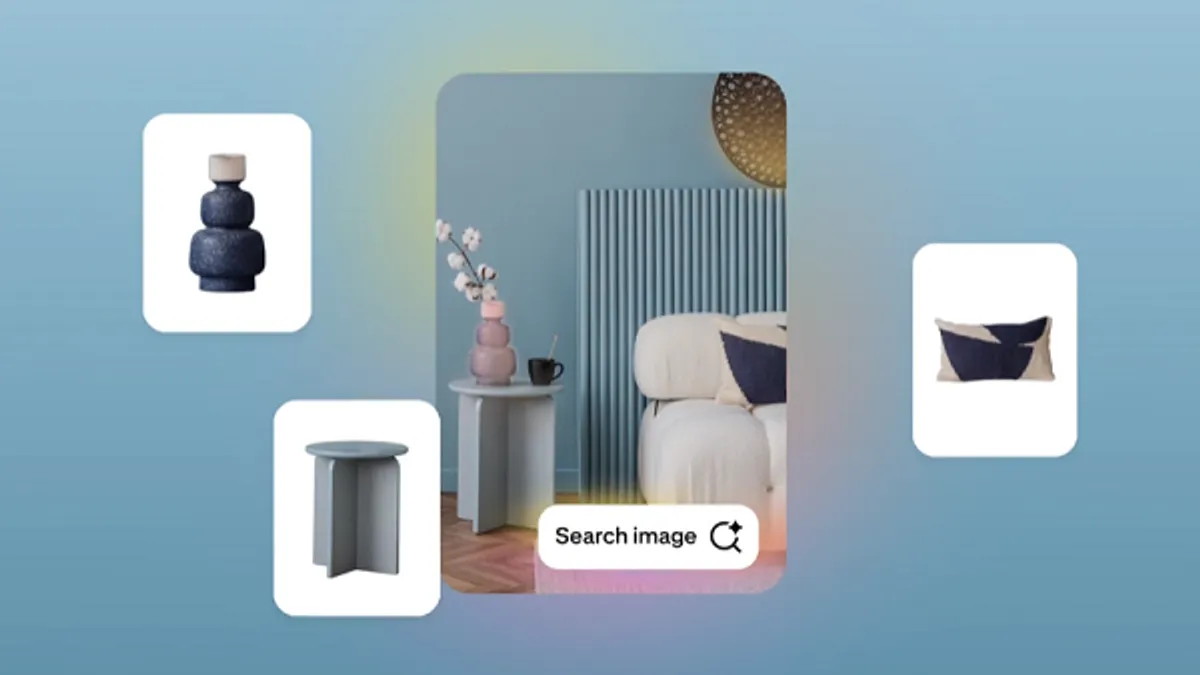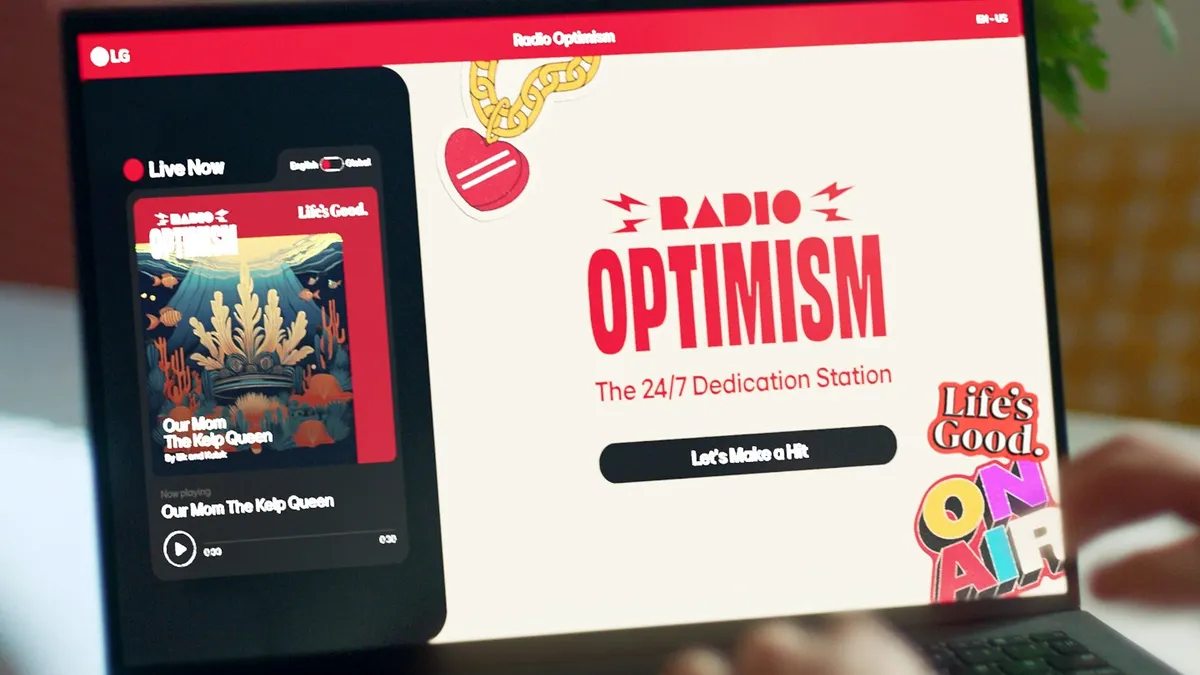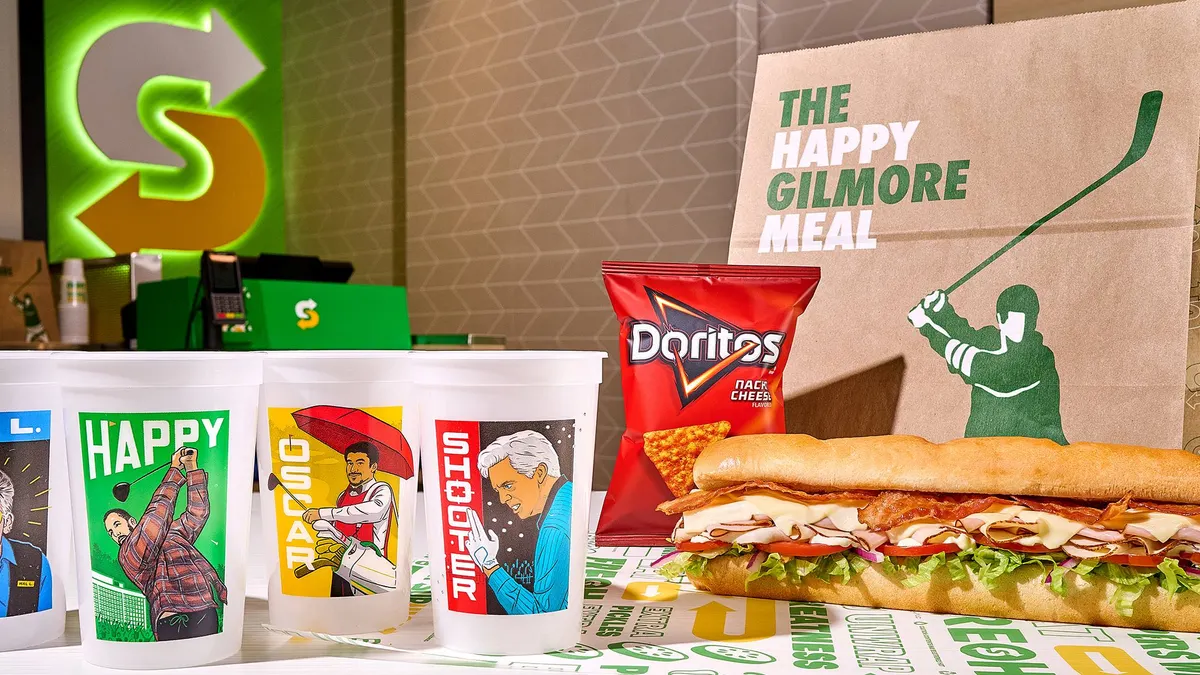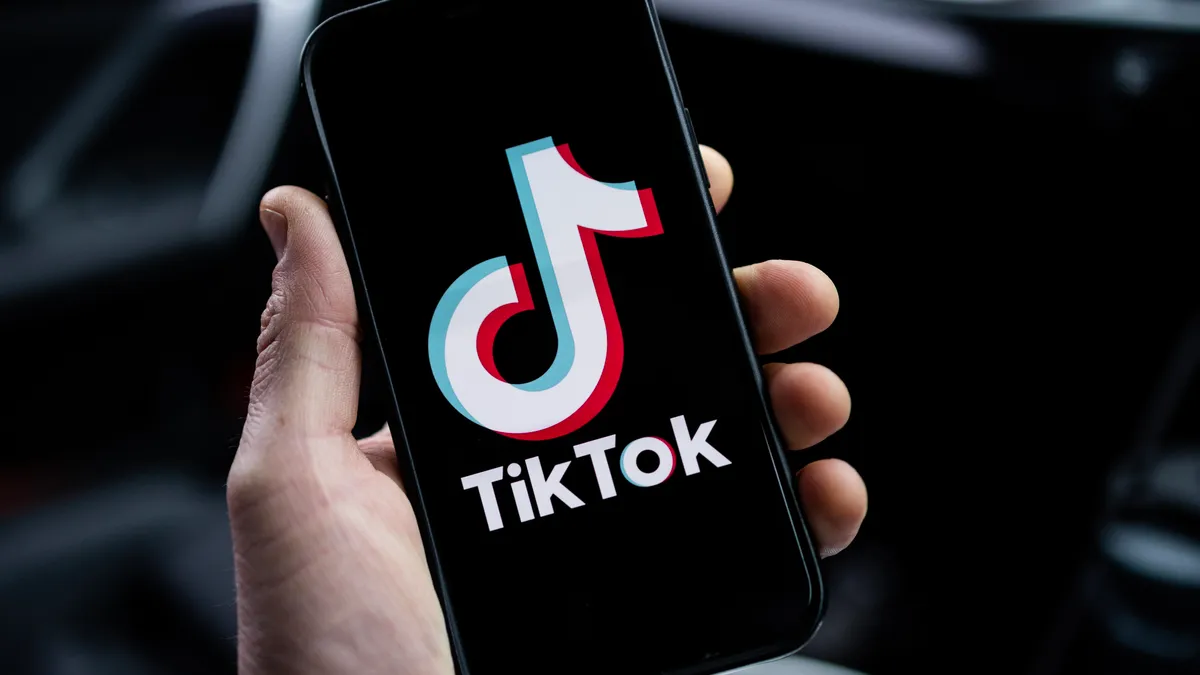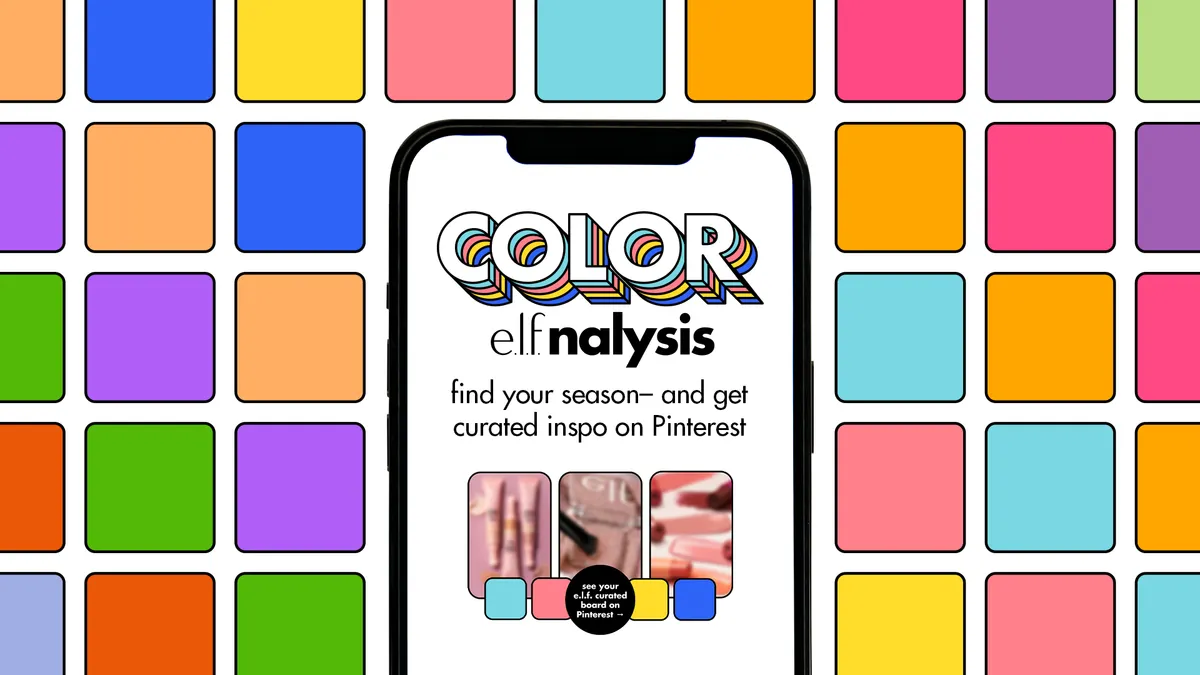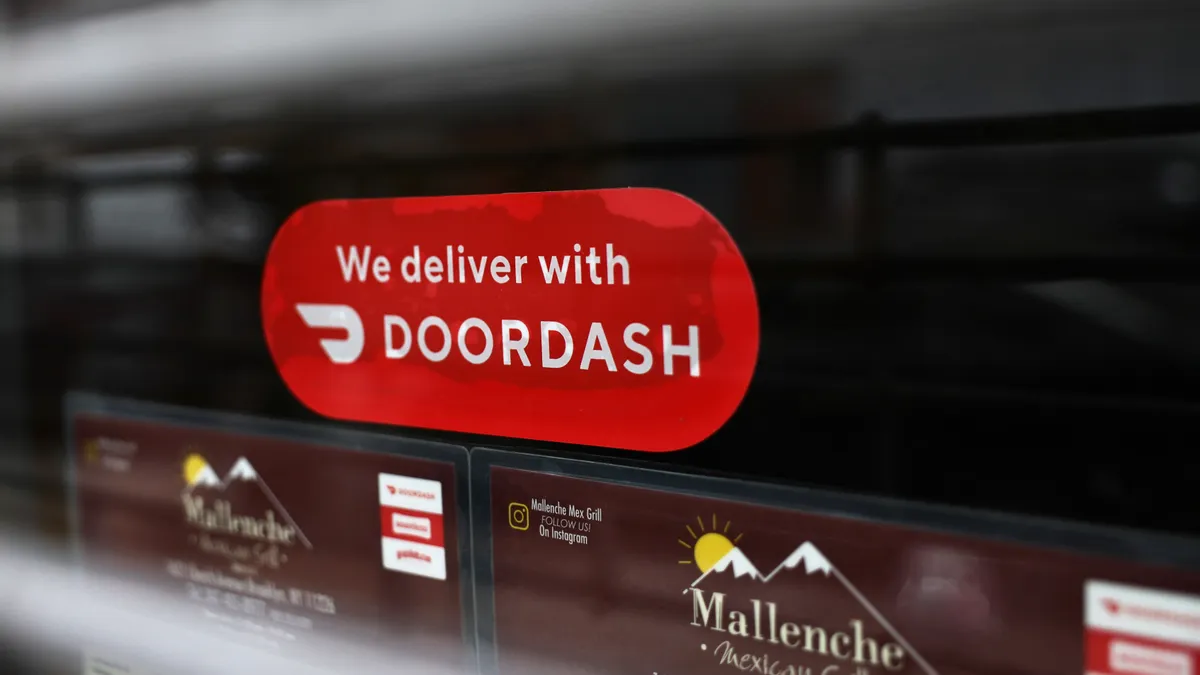With the pandemic limiting in-store shopping this summer as well as most sampling opportunities, brands found themselves in a pickle when it came to introducing new products. The solution pinpointed by the marketing team behind Bud Light Seltzer was to shift gears from a campaign encouraging house parties to a safer approach offering at-home trials of the beverage that first launched earlier this year.
Starting in June, the Anheuser-Busch InBev brand worked with Ripple Street to give 1,000 fans $20 gift cards to buy a pack at their local retailer and post a review on social media, drumming up a 174% lift in purchase intent and 220% jump in recommendation intent during the seltzer category's busiest months.
Nearly 14,000 social engagements and 6,100 product trials resulted from the summer pilot in southeastern states, pushing the brand to plan a national run in November around a seasonal pack with yet-to-be-announced flavors, the brand exclusively told Marketing Dive.
"With all of our traditional sampling tactics having been disrupted by COVID-19, we needed a new strategy on how to get liquid to lips," said Michael Rudolph, AB InBev's director of beyond beer for the Southeast.
Why it worked
Founded in 2005, Ripple Street connects influencers and average consumers with their favorite brands online in order to create real-life experiences they can access at home. Teaming with this New York-based platform lightens some of the load for partners like Bud Light Seltzer because it boasts a network of 1.4 million members, eliminating the need for brands to seek out relevant social media personalities on their own. From the 4,500 who applied during Bud Light Seltzer's campaign, Ripple Street identified and selected 1,000 social media-savvy folks already registered to the platform and familiar with how its sampling sweepstakes function.
This low barrier to entry — coupled with targeting people whose online personalities don't quite meet the level of full-blown influencer — contributed to the summer seltzer trial's success, according to Rudolph.
"Like influencers, they're doing the marketing for us by telling other people about the new drink and where to get it," he said. "We didn't push anyone to post a review because then it doesn't come across as natural or organic."
This push with Ripple Street follows Bud Light Seltzer's work with musician Post Malone, a bigger-tier influencer who appeared in the brand's Super Bowl commercial in February.
"The [fewer] followers you have, the more engaged you are with an audience," Rudolph said. "We like to use big celebrity names to push out awareness, but when it comes to consideration, trial and brand love, we prefer regional influencers or more regular consumers for brand advocacy."
Going national
During the first half of November, Bud Light Seltzer will introduced an broader at-home sampling effort to drive trials of its new holiday flavors. People nationwide can enter through Ripple Street's platform for a chance to win a free pack around Thanksgiving. The AB InBev brand is strategically timing the push to Thanksgiving to encourage winners to share their packs with friends and family when they'll already be gathered at holiday festivities. That way, more consumers can sample the seasonal seltzer and have ample time to buy it for themselves throughout the rest of the holiday season.
Though the brand is expanding the at-home sampling after a successful pilot in a smaller market, this approach might not work for all brands or products, according to Rudolph. Bud Light Seltzer is backed by a deep-pocketed beverage behemoth that can afford to dish out full packs as free trials — rather than a few sips as typical for traditional in-store samples — and is a familiar brand to purchase from, making its latest variety a safer bet than newcomers.
Bud Light's new line was just six months old at the campaign's launch, adding to the curiosity factor. At the same time, consumers have shown significant intrigue for seltzers overall, with the category already blossoming into a multibillion-dollar business.
"In general, there are going to be benefits of both [types of sampling]," Rudolph said. "Some people in stores still don't feel safe sampling, so maybe this is where at-home trials come in, or they work in conjunction with mass sampling once it's safe to do so again."







